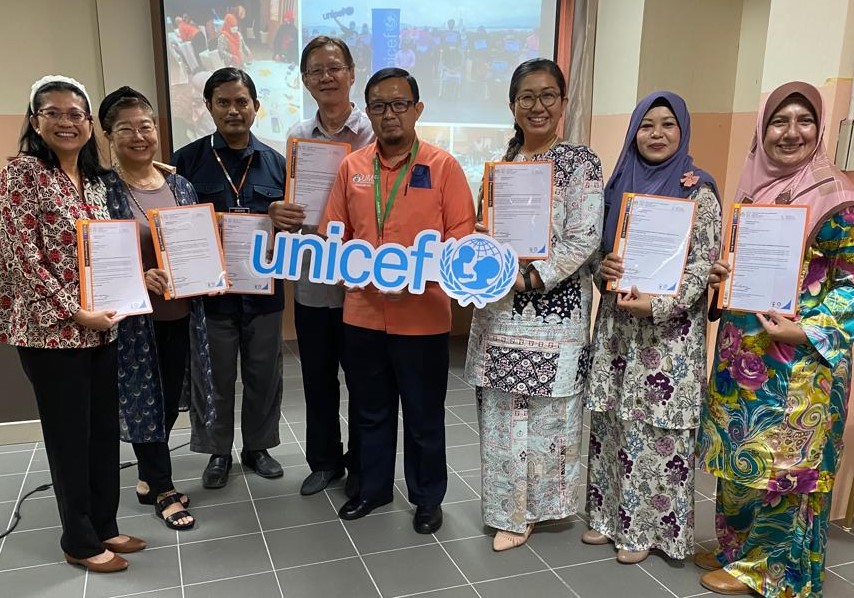KOTA KINABALU: Programmes to improve social and behavioural outcomes related to issues such as child nutrition, youth empowerment and immunization against communicable diseases, can benefit from an evidence-based communication process that first seeks to understand individuals or groups interventions are meant for.
Covering aspects like formative research including analysing existing behaviours, determining desired new practices, crafting key messages and identifying suitable channels to communicate these and putting in monitoring and evaluation protocols may lead to a higher success rate in changing behaviours among those an intervention is designed for.
UMS-UNICEF Communication for Development (C4D) Research Unit head Dr Latif Lai said advocating evidence-based social and behaviour change programmes remains the main focus of the unit which is now in its third year of operations at Universiti Malaysia Sabah (UMS).
“We have trained over a hundred participants from government, civil society and academia in basic C4D or social and behaviour change communication. Additionally, the research unit conducted two advanced workshops to map out strategies for the Nutrition Division of the Sabah Health Department.
“We plan on carrying out another four basic social and behaviour change workshops within a year from now. We are in discussions with government and non-government organisations to work in partnerships to implement these trainings. Those who receive basic training then have an option of taking part in advanced courses tailored to meet the needs of an organisation, for example to design effective key messages or to carry out advocacy work.
“The research unit is also exploring partnerships with the private sector, including among those keen to advocate policies related to rights such as that of women and children within their operations, to all staff and others they work with,” he said.
Additionally, it is funding and coordinating two research grants related to nutrition and internet safety among children in Sabah, with the findings expected to offer a basis for advocacy or policy related work.
Speaking at the presentation of appointment letters to the unit’s Fellows at the UMS Faculty of Social Science and Humanities, Latif said the research unit will continue to provide consultancy services to stakeholders who mainly work on social issues that require behaviour change for their interventions to be successful.
The 14 Fellows of the unit will support its work and advocate the use of social and behaviour change communication among a wider range of partners.
The unit is also working with two newer C4D centres located at Universiti Kebangsaan Malaysia (UKM) and Universiti Putra Malaysia (UPM) to scale up social and behaviour change advocacy work in the country.
The unit is a partnership between UMS and UNICEF Malaysia that started in 2019 to offer training, research and consultancy related to behaviour change to organisations in Malaysia, in particular in Sabah.-pr/BNN






